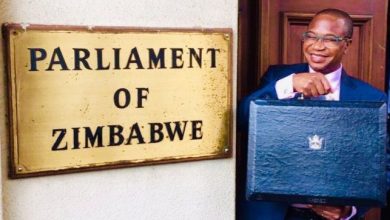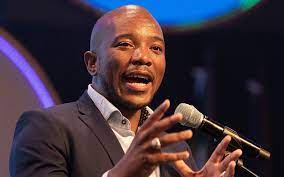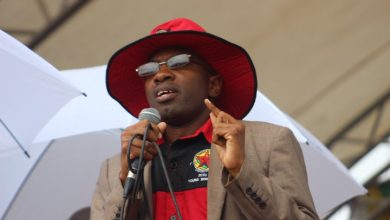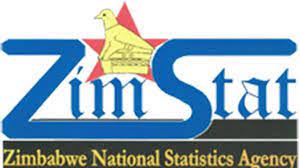ZimDaily speaks on controversial cartoon
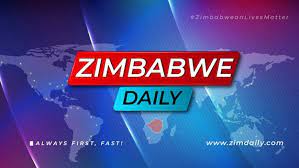
The Zimbabwe Daily (ZimDaily) editor, Yvonne Muchaka, says the ire that followed the publication of their ‘controversial’ cartoon shows that Zimbabwe has wounds that need to be healed.
Muchaka, speaking about the impact of ZimDaily’s cartoon on CITE’s X space on Thursday, said the outlet has been using satire as a way of exposing moral failure or hypocrisy through cartoons in a way that people can relate to.
She stated that when creating its cartoons, the outlet identifies what is trending, drawing inspiration from ordinary people’s experiences and what is discussed online or offline.
However, Muchaka admits that ZimDaily underestimated the impact of their cartoon and has learnt lessons
“The major take home message is we have a very fragile population that needs national healing in Zimbabwe,” she said.
The editor admitted the publication went on a wrong footing and failed to realise that the way people view and portray King Lobengula was completely different.
“We need to correct and align the history, open our spaces for truth telling and national healing,” Muchaka said, noting the publication “did not seek to perpetuate stereotypes or make offensive generalisations that lack validity.”
“This was not the intention of our creation. What we were representing is there was a betrayal somewhere that happened. In terms of who betrayed who, that becomes a question for another day. Whether it’s true Tshabangu is being given trinkets to do what he is doing, that’s also a perception that may be true or not.”
Muchaka said instead the intention was for people to start to have conversations around those recalls so that the truth comes out.
“The Tuesday incident was a very heart breaking moment because satire has that element of confronting public discourse. It exposes problems and contractions that are already in existence,” she said.
ZimDaily has since removed the cartoon from its platforms and issued an apology.
“We understand that in our quest to bring attention to issues, sometimes there are unintended consequences and, as has been rightly expressed, there is a context in which it would be happening,” Muchaka said.
She noted the publication has also realised there are challenges surrounding Zimbabwe’s historical narrative.
“Because no true national healing has been done, no truth telling across the board, it is really unfortunate that we have exposed the cartoon itself to this and this particular topic.”
The editor, however, said the response triggered by the cartoon also spoke to the narratives and perceptions that people created as well.
“If we are standing at one window, looking outside and asking each other what we see, people will point at different things. That also explains the complexity of the situation. We have caricatured a lot of happenings in our country with the hope of causing the nation to critically think around,” Muchaka said
“We are not dismissing that but saying we need to address the deep seated challenges that we have as a country. We did not anticipate such a response to that cartoon because we had seen somebody is said to be betraying a struggle and getting money from people linked to Zanu or in Zanu and we simplified it.”
She added: “We took it from a simplicity perspective which is not really called for. We did not think deeper into the crevices in existence in our country. We touched a raw nerve.”
Muchaka also called on the country’s leadership to stop politicking and begin to address issues that affect Zimbabweans not to “push challenges under the carpet.”
Media lecturer at the National University of Science and Technology (NUST), Professor Mphathisi Ndlovu advised media houses that representation matters in their content.
“It is not just about King Lobengula but about the Ndebele people. The king is a symbol of people. Don’t perpetuate a stereotype that the king betrayed the struggle for sugar and now link it to Tshabangu, spelt with a C, which brings other issues of language,” he said.
“Why is Tshabangu with a C? There is another debate of how the Ndebele language and spellings are butchered?”
Prof Ndlovu said linking Tshabangu with King Lobengula while talking about a social group betraying a struggle was “actually perpetuating false narratives.”
“That is wrong, especially looking at oppositional politics since 1980 in Matabeleland. This has been a region of oppositional politics, now and in the past elections, as people in Matabeleland have been voting for the opposition,” he said.
“There may be some innocence in your work but that satire was distasteful and is a lesson. ZimDaily was off the mark.’


